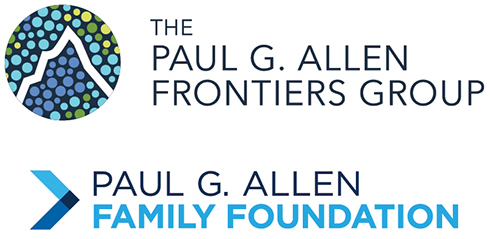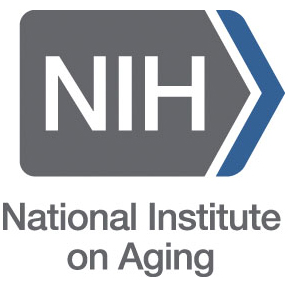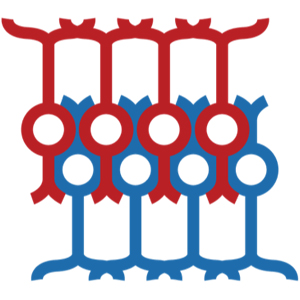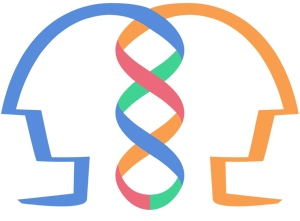Division of Genetics & Genomics
Our Partners
The Allen Discovery Center
We as a species have long sought to understand how our capacities for art, science, and culture emerged. Our lab, in a multidisciplinary partnership with the Greenberg Lab at Harvard Medical School and the Reich Lab at Harvard University aims to uncover and elucidate the evolutionary and genetic processes that led to the human brain.

This research is supported by the Allen Discovery Center program, a Paul G. Allen Frontiers Group advised program of the Paul G. Allen Family Foundation. The Allen Discovery Centers are leadership-driven, compass-guided research centers, often created in partnership with major research organizations and universities. The Allen Discovery Centers are intended as long-term funded research Centers, with the Frontiers Group typically recommending funding at $10 million to a Center for the first four years, with the potential to expand in a second four-year phase with an additional $10 million, matched by partner support, for a potential total scope of activity of $30 million.

Howard Hughes Medical Institute
A Howard Hughes Medical Institute Investigator since 2002, Christopher Walsh receives support and recognition for his lab’s neuroscience and genetics research on structural and functional disorders of the human brain and the fundamental mechanisms directing human brain development. The team focuses on human genetic and basic molecular biology research, working to identify genes associated with brain disorders affecting children – such as microcephaly, autism, and epilepsy – and to study the mechanisms of these genes. The team’s work may lead to better options for diagnosis, management, and treatment for affected individuals and their families. Other research by the team has characterized the neuronal genome at the single-cell level and found that every neuron has distinctive patterns of mutation reflecting its developmental origin and the effects of aging.

The National Institutes of Health
The National Institutes of Health (NIH) is the largest biomedical research agency in the world. The NIH is part of the U.S. Department of Health and Human Services (HHS), and oversees 27 specialized institutes and centers. The Walsh Lab is the beneficiary of ongoing support from the three below.
The National Institute of Aging (NIA) leads a broad scientific effort to understand the nature of aging and to extend the healthy, active years of life. NIA is the primary Federal agency supporting and conducting Alzheimer’s disease research.

The National Institute of Neurological Disorders and Stroke (NINDS), a unit within the National Institutes of Health, seeks fundamental knowledge about the brain and nervous system with the aim to reduce the burden of neurological disease.

The National Institute of Mental Health (NIMH) is the lead federal agency for research on mental disorders.

The Tan/Yang Center for Autism Research
The Walsh Lab receives research support for our work on the genetics of autism from the Hock E. Tan and K. Lisa Yang Center for Autism Research at Harvard University. The Tan-Yang Center leverages talent from different parts of the Harvard community. Currently configured in two teams with four laboratories each, the researchers are probing the molecular and circuit-level basis of ASD—with one team focused on genetic variations linked to autism and their impact on brain development, and the other on sensory experiences that shape social behaviors relevant to autism.


